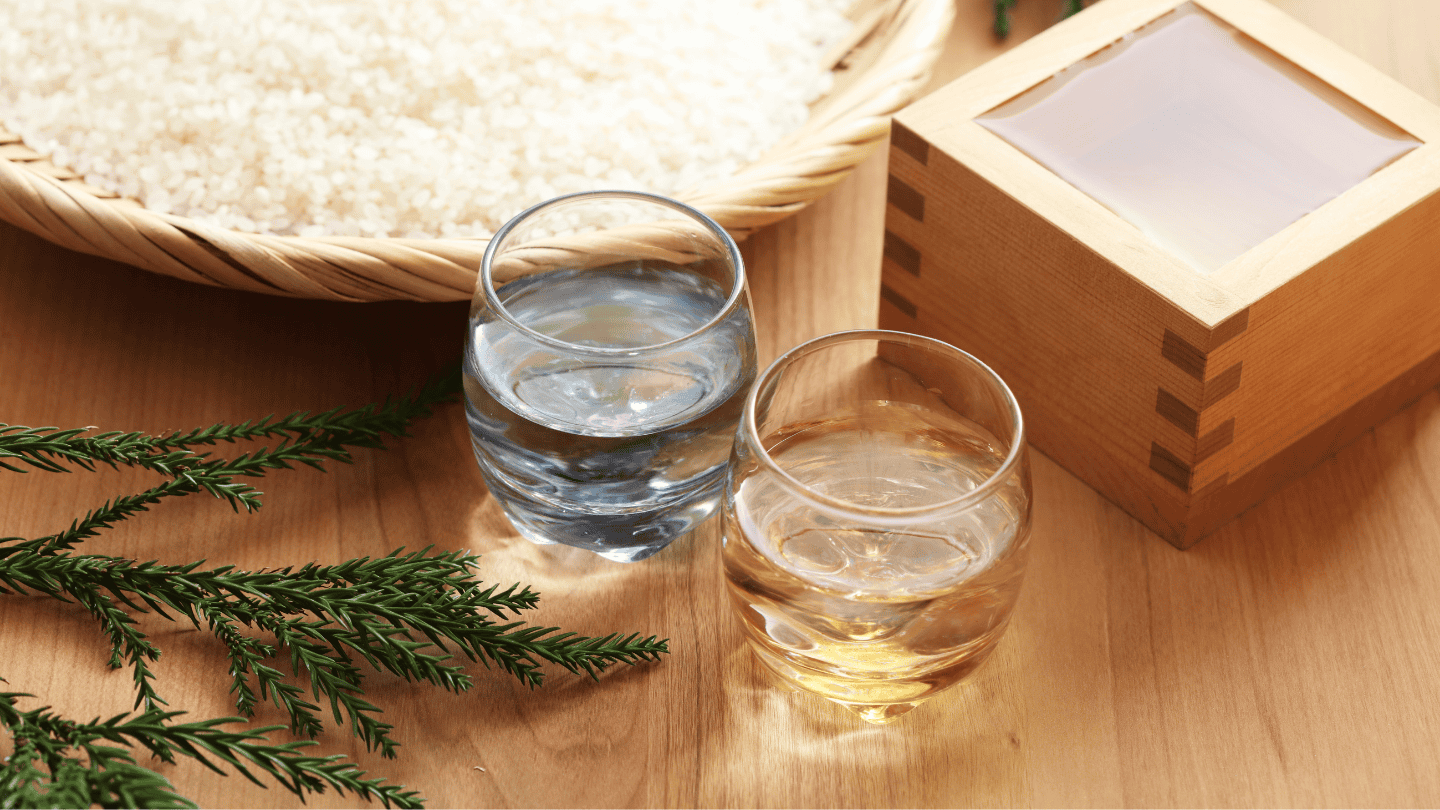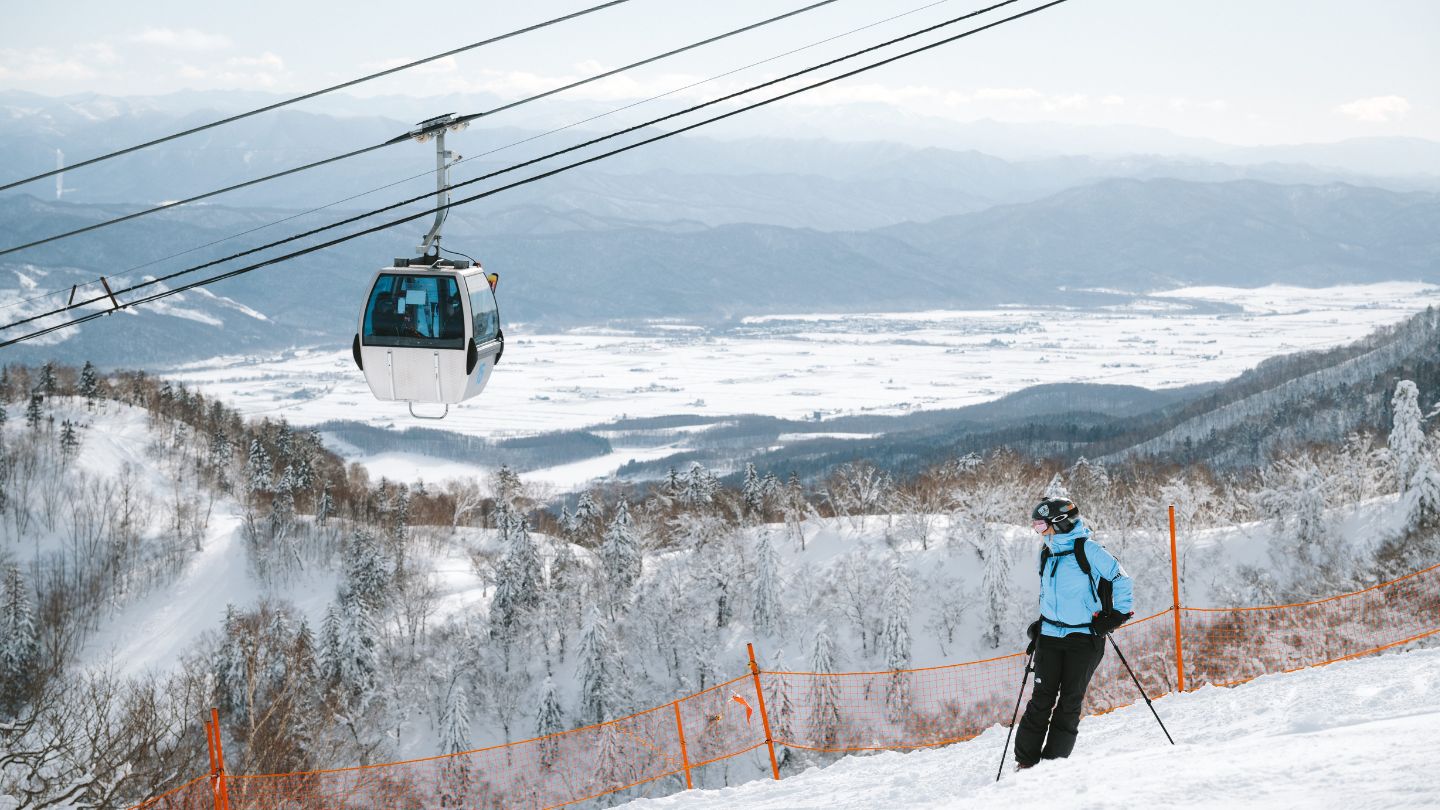The festival, now in its third year, showcased over 100 stalls featuring Japanese brewers, traditional sake wares, and insightful seminars. Prior to this, our limited knowledge suggested that sake was simply a rice wine served either hot or cold. What we found was a fascinating spectrum of sweet, dry, and fruity varieties that truly mirrors a visit to a traditional wine region. Just as each Japanese prefecture claims its own seasonal culinary specialties, it equally treasures an appropriate sake pairing, revealing a world of flavour, tradition, and complexity that immediately sparks curiosity.
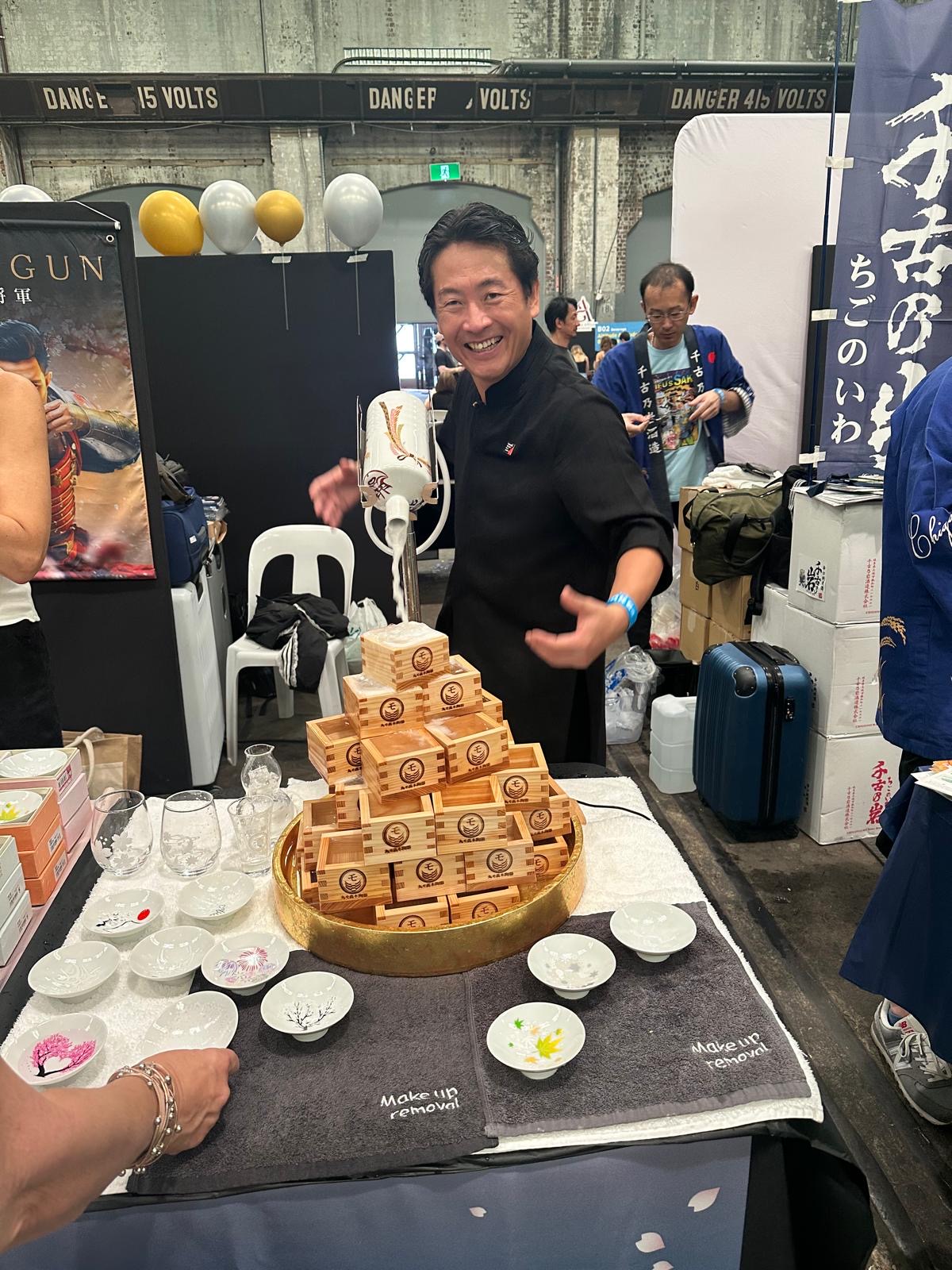
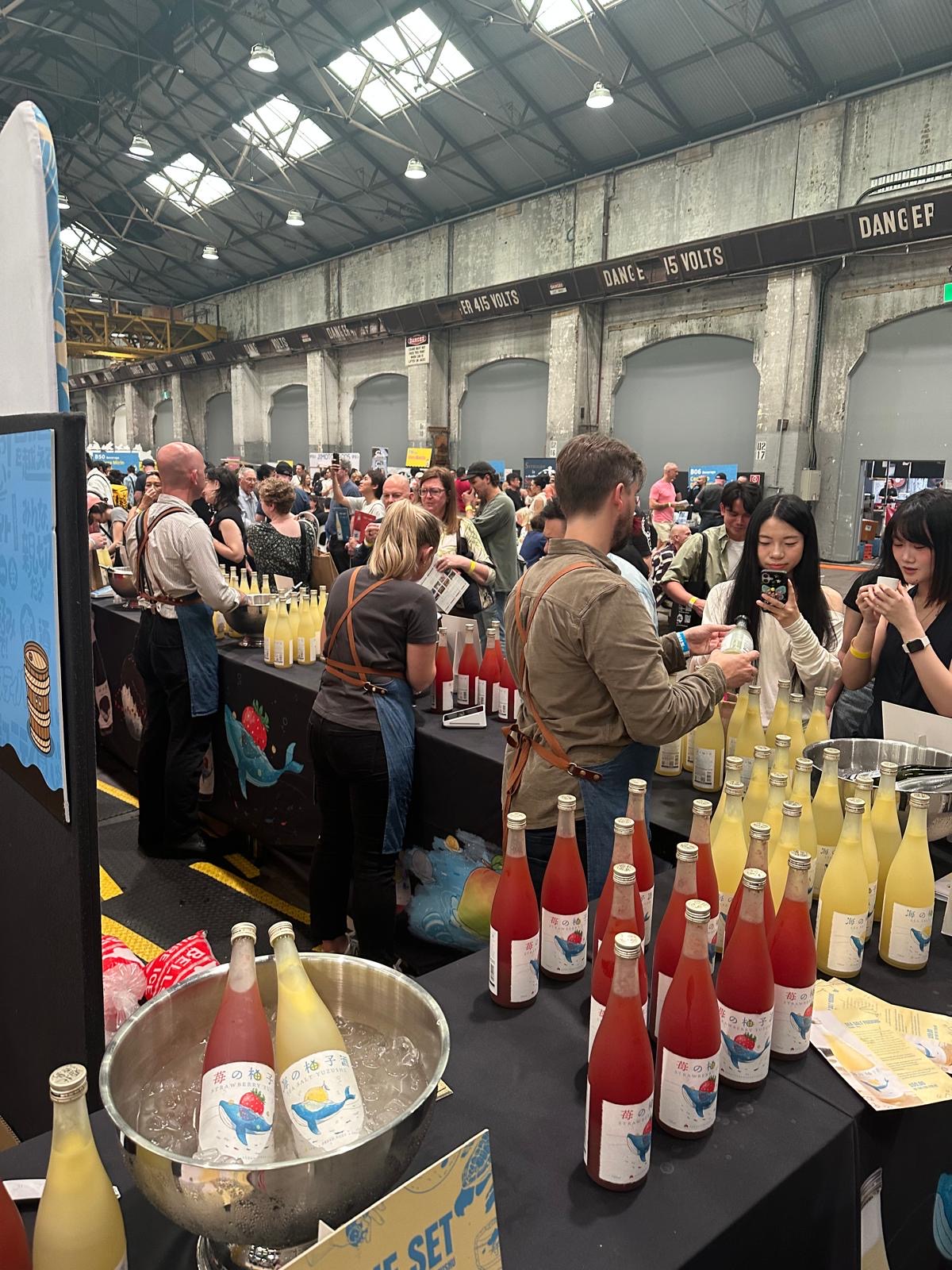
What is Sake?
While simply called ‘alcohol’ (sake) in Japan, this brewed rice beverage is more accurately known as Nihonshu. Its production relies on just a few core ingredients, with water making up approximately 80% of the final product, a fact that explains why breweries are often sited adjacent to pristine natural springs. The primary ingredient is a specialised short-grain rice, where the outer portion of the grain must be meticulously ‘polished’ (or milled). This process removes impurities like fats and proteins, ensuring the final brew achieves the pure, delicate flavour profile desired by consumers.
Snow Destinations
We were thrilled to learn that this special production process happens right in the heart of the legendary Japow destinations we all love, including Myoko and Niseko. If you’re looking to upgrade your après-ski meal beyond the standard katsu curry and Japanese lager, exploring the world of sake is a must. Japanese dining etiquette is deeply rooted in group harmony, and mastering a few simple rules shows respect.
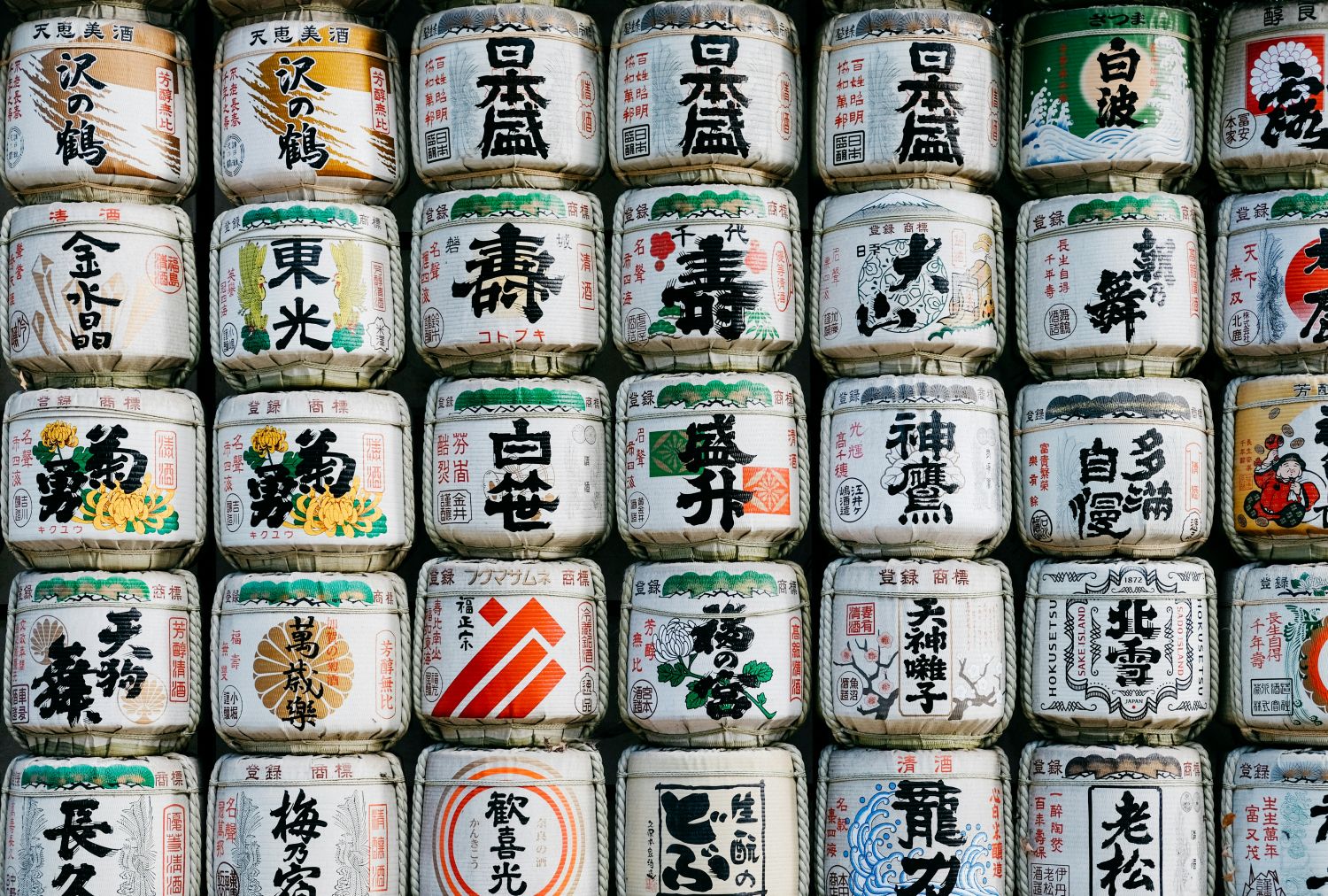
Rules of Engagement
The most important rule is never to pour your own drink. This act of self-service is called tenjaku and is considered quite rude. Instead, always focus on serving others. When pouring for someone, use both hands on the flask. Similarly, when receiving a drink, hold your cup with both hands. It’s a small gesture that shows great respect. And finally, don’t overfill the cup! Kanpai!

